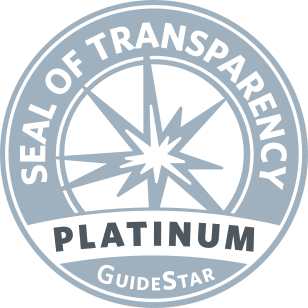Have I Got a Cure for You! Debunking an Alleged Treatment on the Internet
Research News
How do you know if a treatment is legit? There should be preclinical and clinical trial data published in a peer-reviewed journal on research for the treatment.
 It seems there is no dearth of fantastic cures being touted on the Internet and in email inboxes these days. Sort of reminds me of those old Western movies where the itinerant peddler sells the magic elixir that will cure any and all ailments you have.
It seems there is no dearth of fantastic cures being touted on the Internet and in email inboxes these days. Sort of reminds me of those old Western movies where the itinerant peddler sells the magic elixir that will cure any and all ailments you have.
Well, yet another such miracle cure has come to my attention over the past few days. I have been receiving inquiries about an alleged stem cell "treatment" from a "consultancy group," MD Stem Cells, which claims to provide access to a stem cell therapy that works for a range of retinal diseases. It also claims that seven people have been successfully treated.
So what is wrong with this picture? Where do I begin? After an exhaustive search, we have been unable to find any published data on clinical research for the treatment offered by MD Stem Cells. Likewise, we have found no description in the scientific literature of how the treatment offered by MD Stem Cells could work or any evidence of its resulting in a positive effect, save for the personal testimony of the seven people who say they have seen success with the treatment (whatever that means).
Perhaps most important, there doesn't appear to be regulatory oversight for the therapy that we can find anywhere; there's no FDA authorization for a clinical trial, and there's no FDA approval making it available to the public. The so-called treatment is being delivered in Europe, and we do not know if any European regulatory agency has seen this protocol.
In other words, the treatment offered by MD Stem Cells is not based on any science or clinical experience we can find published anywhere and, as such, should be avoided.
So how do you know if a treatment is legit? There should be preclinical and clinical trial data published in a peer-reviewed journal on research for the treatment. The company offering a treatment should have references to those publications on its website or mention it in its news release. And, most important, it should have documented FDA or equivalent regulatory agency oversight of its research and treatment.
Also, keep this in mind: The world of retinal degeneration research is finite. The Foundation funds many of the world's top retinal doctors and researchers, and we have relationships with most of the companies involved in this arena. In other words, we have a broad and deep knowledge of what is happening in the world of research for retinal degenerations. So, if you have a question about something you've heard about an alleged treatment, send it to info@FightBlindness.org, and we'll get back to you with our thoughts on it.
For the record, there are only two FDA-authorized clinical studies underway of a stem cell treatment for retinal degenerative diseases. Both — one for Stargardt disease, the other for dry age-related macular degeneration — are being conducted by the company Advanced Cell Technology.





